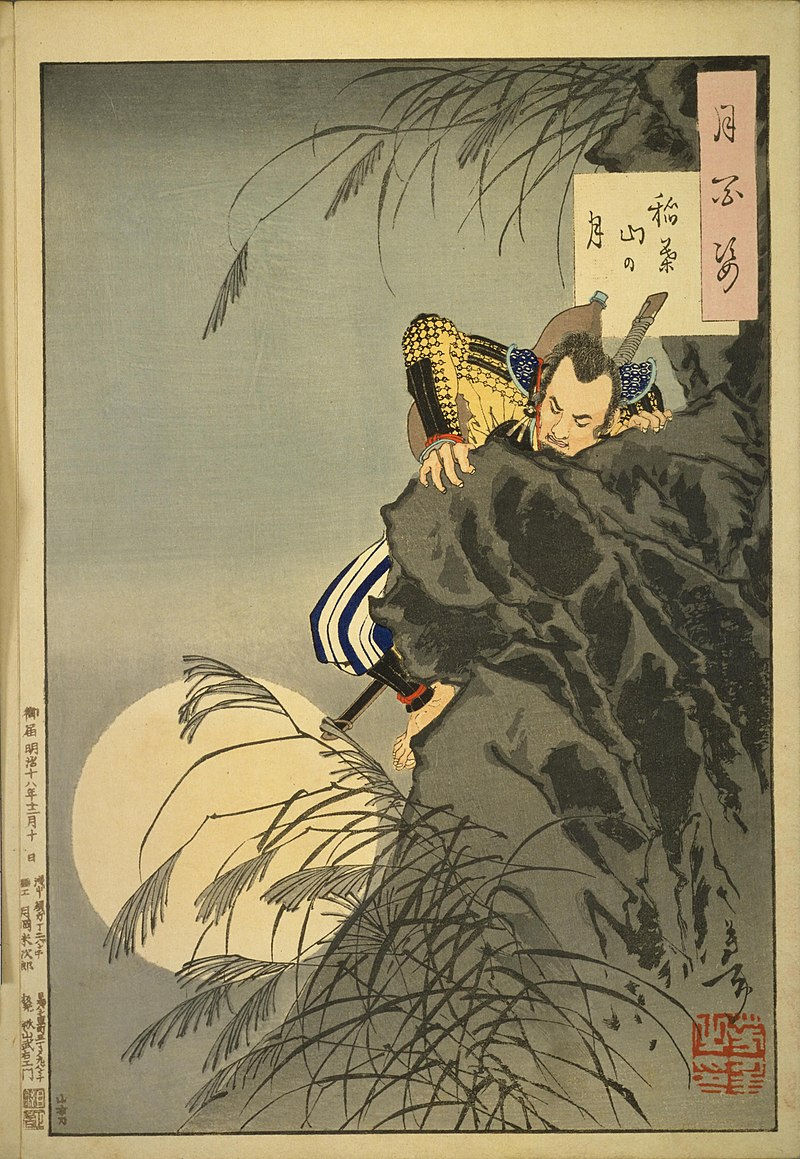Ryukyu Kingdom
- 2304583d
- Aug 4, 2024
- 2 min read

The Ryukyu Kingdom (琉球國) was an independent kingdom that existed from the 15th century until it was annexed by Japan in the late 19th century. It was located in the Ryukyu Islands, a chain of islands stretching from the southern part of Japan to Taiwan.
Formation and Expansion
The Ryukyu Kingdom was established in 1429 when the three kingdoms of the Ryukyu Islands (Chūzan, Hokuzan, and Nanzan) were unified under King Shō Hashi. The kingdom's capital was initially at Shuri Castle on Okinawa Island. During its early period, the Ryukyu Kingdom flourished as a maritime power, engaging in trade with China, Japan, Korea, and Southeast Asia.
Tributary Relationship with China
The Ryukyu Kingdom maintained a tributary relationship with the Ming and later Qing dynasties of China. This relationship provided the kingdom with international recognition and trade privileges, especially with Chinese merchants. The kingdom sent regular tribute missions to China and adopted many aspects of Chinese culture.
Trade and Culture
The kingdom prospered through its trade connections. It acted as an intermediary in trade between Japan and China, and its strategic location facilitated trade with Southeast Asia. The culture of the Ryukyu Kingdom was a blend of indigenous Ryukyuan, Chinese, Japanese, and Southeast Asian influences.
Interactions with Japan
Throughout its history, the Ryukyu Kingdom had complex relations with Japan, particularly the Satsuma Domain (a feudal domain in Kyushu). In the early 17th century, the Satsuma Domain invaded the Ryukyu Islands and established a degree of control over the kingdom, although it remained nominally independent and retained its own governance and culture.
Annexation by Japan
In 1879, Japan formally annexed the Ryukyu Kingdom, integrating it as Okinawa Prefecture. This move was part of Japan’s broader efforts to consolidate and modernize its territory during the Meiji Restoration. The annexation led to significant political, cultural, and social changes, and many Ryukyuans faced hardships as Japan pursued a policy of assimilation.
The legacy of the Ryukyu Kingdom remains influential in Okinawa today. The unique culture, language, and traditions of the Ryukyuans continue to be an important aspect of Okinawan identity. There are ongoing efforts to preserve and promote Ryukyuan heritage, despite the pressures of modernization and assimilation.




Commentaires